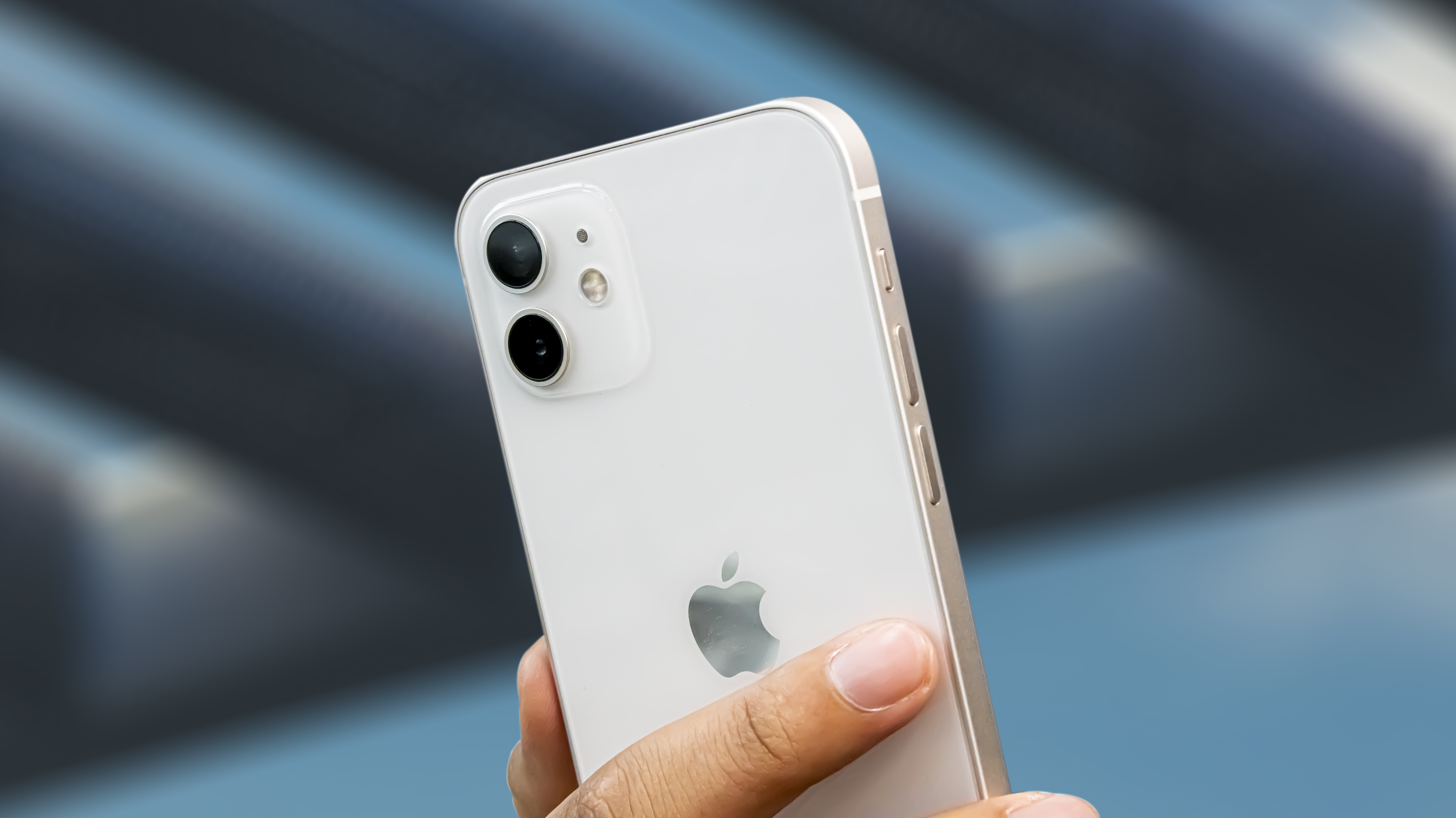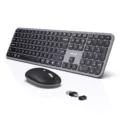A SIM card is a small device that identifies and authenticates your device onto a network. It can also store contacts and other information. Modern smartphones come with SIM slots that can support multiple SIM cards, allowing users to switch between networks and plans as needed.
When it comes to internet connectivity, it’s important to understand the different types of networks that SIM cards can connect to. These include 2G, 3G, and 4G networks, each with different speeds and capabilities.
The best SIM slot for internet connectivity will depend on a few factors, including the type of network available in your area, the capabilities of your device, and the data plan you have selected.
If you are looking for the fastest possible internet speeds, then a 4G-enabled SIM slot is your best bet. 4G networks offer the highest speeds and are ideal for streaming video, downloading large files, and browsing the web quickly.
However, if you are in an area with limited 4G coverage, then a 3G-enabled SIM slot may be a better choice. While 3G networks are slower than 4G, they are still capable of delivering reliable internet connectivity for basic tasks like email, messaging, and web browsing.
It’s worth noting that some smartphones come with dual SIM slots, allowing users to have two different SIM cards active at the same time. This can be useful for travelers who want to use a local SIM card for data while keeping their home SIM card active for calls and text messages.
Ultimately, the best SIM slot for internet connectivity will depend on your specific needs and circumstances. By understanding the different types of networks and capabilities of your device, you can make an informed decision about which SIM slot is right for you.

Which SIM Slot Is Better For Data?
Both SIM slots can be used for data, but the SIM1 slot generally supports all features of the network (2G/3G/4G/data), while SIM2 may only support 2G data or be limited to voice calls only. Therefore, if you want to use data on your phone, it’s generally better to use the SIM1 slot. However, it’s always best to check with your phone’s manufacturer or your carrier to see which SIM slot is best for data usage on your specific device.

Does SIM Slot Affect Data Speed?
The SIM slot does not affect data speed. The SIM card simply authenticates your device onto a network and can store contacts. The speed of data transfer is determined by the network technology you are using, such as 4G or 5G, and the quality of your network signal. Therefore, the SIM slot has no impact on the speed of your data transfer.
Which Slot Is Best For Jio SIM?
When it comes to using a Jio SIM, it is recommended to use an LTE-enabled SIM slot. This is because Jio operates on a 4G LTE network, which means that you will get the best possible speed and connectivity when using an LTE-enabled SIM slot.
If your device has multiple SIM slots, make sure to insert the Jio SIM in the slot that supports LTE. This information can usually be found in your device’s user manual or by checking the specifications online.
It is important to note that for optimal performance, your device should be set up to route internet traffic through the Jio network. This can usually be done by going to the network settings and selecting Jio as your preferred network.
In summary, to get the best performance from your Jio SIM, use an LTE-enabled SIM slot and configure your device to route internet traffic through the Jio network.
Does SIM Card Slot Affect Signal Strength?
The SIM card slot in a phone does not directly affect the signal strength of the device. The signal strength of a phone is determined by various factors such as the location of the device, the network coverage in that area, the type of network (2G, 3G, 4G, etc.), and the quality of the device’s antennas. The SIM card slot is simply a slot where you insert your SIM card to connect to a network, and it does not have any impact on the signal strength.
However, it is important to note that different SIM cards may have different network coverage and data speeds on the same network. Therefore, if you are experiencing poor signal strength or slow data speeds, it may be worth trying a different SIM card from the same network or switching to a different network provider.
The SIM card slot does not affect the signal strength of a phone, but the quality of the SIM card and network coverage can impact the device’s connectivity.
Conclusion
A SIM slot is an essential component of any mobile device that allows users to connect to a cellular network and access various mobile services. While some devices may have multiple SIM slots, it is important to note that the SIM card itself does not dictate the speed of the network. Instead, it serves as a means of identifying and authenticating the device on the network. When using a device with multiple SIM slots, it is important to ensure that the correct SIM is placed in the appropriate slot to ensure optimal network performance. Ultimately, understanding the role of a SIM slot can help mobile users make informed decisions when selecting a device and configuring their network settings.








